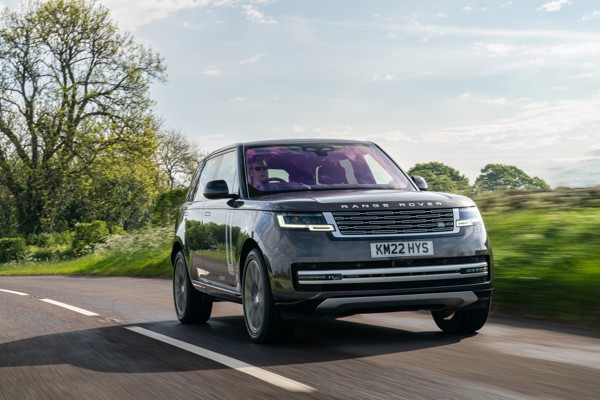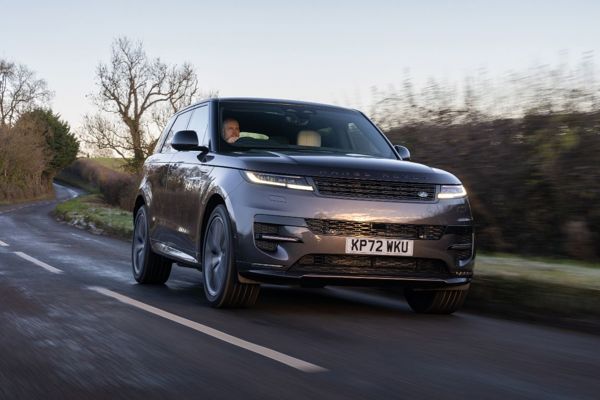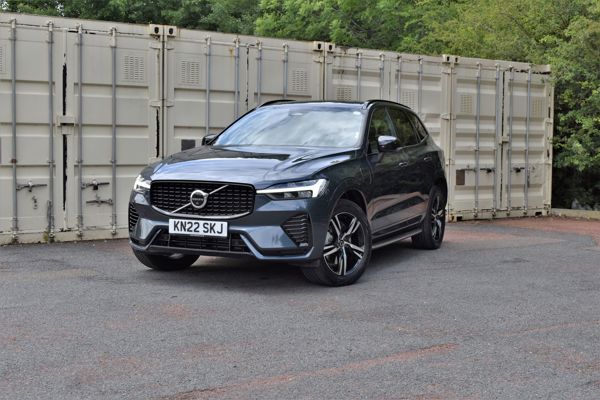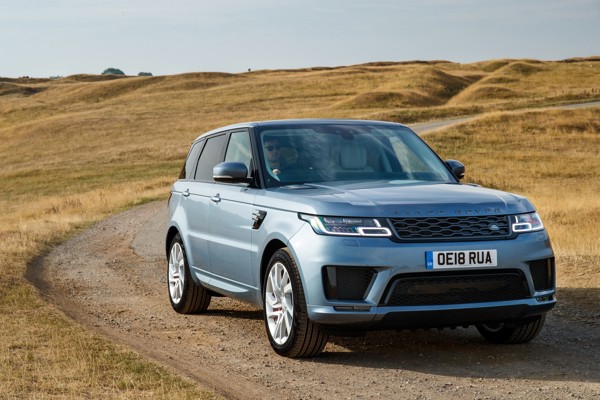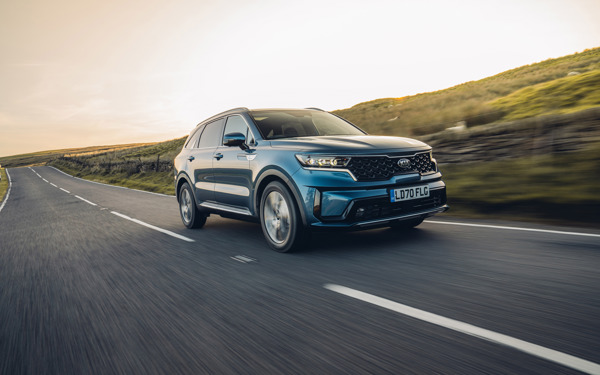Review
There’s life yet in the XC90. The plug-in hybrid (PHEV) T8 received a battery upgrade this year, which increased the electric-only range to 43 miles, and will continue to be on sale for a couple of years after the replacement full electric EX90 SUV is launched towards the end of summer 2023. It may even receive further styling upgrades.
We took the venerable XC90 on an extended road trip to the Lake District during the summer, a land of limited EV chargers which necessitated the use of the 2.0-litre petrol engine for the entirety of the holiday.
Other magazines have commented on sub-30mpg performance when running solely on petrol, but we were pleasantly surprised to achieve an average of 31.9 with five adults (plus dog) on hilly routes. Not bad for a 2.3-tonne car with a peak power output of 455PS.
Back home, we were able to charge up and drive around for a few days. Disappointingly, despite the battery upgrade, the XC90 PHEV still only charges at 3.7kW, which means a five-hour wait.
EV-only mode gave a range of around 35 miles, a little less than the official 43 (which puts the car in the 8% BIK band), but switching the car to Hybrid mode, allowing it to decide the optimum use of the battery, resulted in around-town fuel efficiency of 42mpg.
The XC90 remains a rarity in the market: an SUV with seven seats. Gone are the days when those rearmost seats were for occasional usage by children; Volvo’s sixth and seventh passenger offerings are as padded and comfortable as its other seats, yet they still fold flat when not in use. Clever technology.
With prices starting at £57,485 (OTR), our range-topping test model weighs in at £76,775. Add another £4,935 for optional Lounge pack (tilt/slide sunroof and interior air cleaner), heated second row seats, metallic paint, wireless smartphone charging and enhanced B&W surround sound.
Safety, the foundation upon which the Volvo brand was forged, features prominently on the lengthy list of standard equipment and includes:
City Safety with steering support which includes pedestrian, cyclist and large animal detection, and front collision warning with fully automatic emergency braking and steering assistance
Pilot Assist and Adaptive Cruise Control: driver-assistance technology that helps with the steering (up to 80mph) and keeps the car within its lane markings and at the desired cruising speed
Oncoming Lane Mitigation which automatically provides steering assistance if the car unwittingly drifts out of its lane
Run-off Road Protection which automatically tightens the front seatbelts should the car inadvertently leave the road, while front seat frames with a collapsible section reduce vertical forces to help prevent spinal injuries
The aforementioned 2.3 tonnes make themselves known if pushing a bit too hard on windy roads, but never to the extent of causing concern.
Overall it’s an impressive drive, with the air suspension blending a cosseting ride with decent body control. It also drops the rear body by 50mm to ease the loading of heavy suitcases, another handy feature.
Around town, the XC90 masks its size well with excellent visibility and full camera and warning system for reversing.
While other premium manufacturers have newer PHEV SUVs available, the XC90 remains a compelling option, offering luxury, safety and – if required – potent straight-line speed, all wrapped up in a handsome body. Overlook at your peril.
Specs
| Manufacturer | Volvo |
| Model | XC90 |
| Specification | XC90 SUV PiH 2.0Recharge T8 18.8kWh 455 SS Plus Auto8 23MY |
| Model Year | 0.00 |
| Annual VED (Road tax) | £0 |
| BIK List Price | £76,470 |
| CO2 | 30g/km |
| BIK Percentage | 8% |
| Insurance Group | N/A |
| CC | N/A |
| Fuel Type | Petrol Hybrid |
| Vehicle Type | SUV and Crossover |
| Luggage capacity (Seats up) | 7litres |
Running Costs
| P11D | £76,470 |
| Insurance group | N/A |
| Fuel Type | Petrol Hybrid |
| Cost per mile | 175.58ppm |
| Fuel | 11.53ppm |
| Depreciation | 159.63ppm |
| Service maintenance and repair | 4.42ppm |
Rivals
Info at a glance
-
P11D Price
£76,470
-
MPG
217.0 (WLTP) -
CO2 Emissions
30g/km -
BIK %
8% -
Running cost
3 Year 60k : N/A 4 Year 80k : N/A -
Fuel Type
Petrol Hybrid



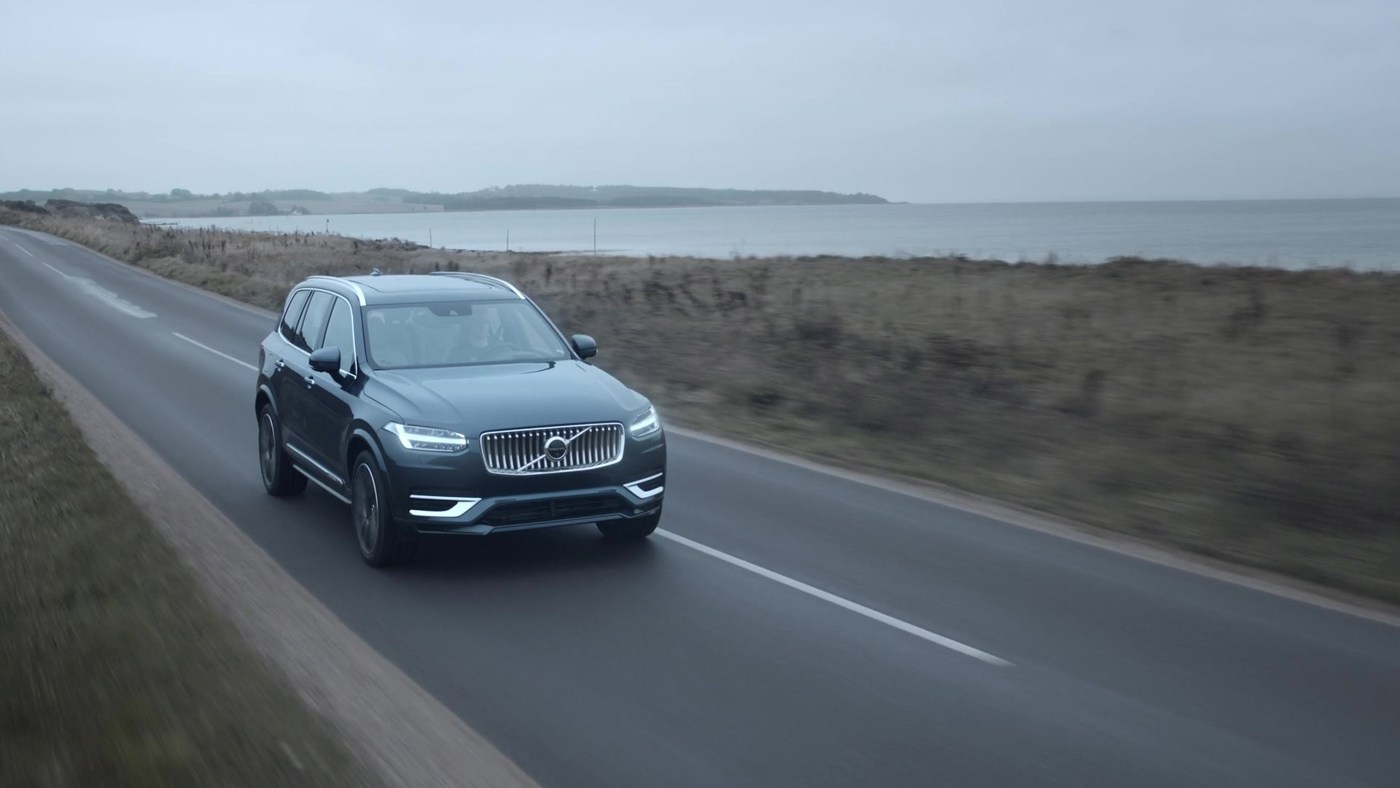

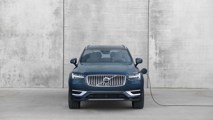








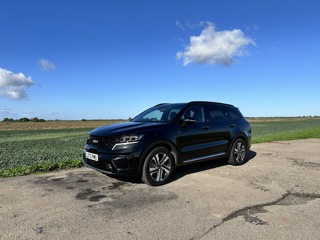
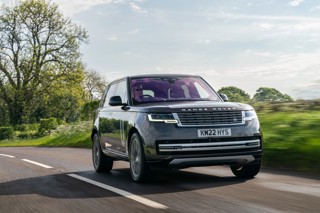
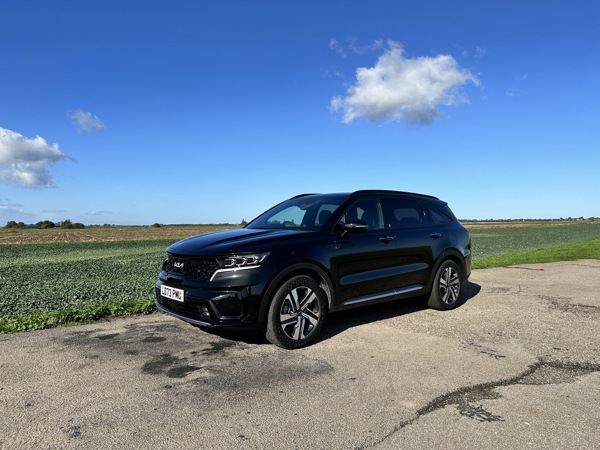
 Petrol Hybrid
Petrol Hybrid
